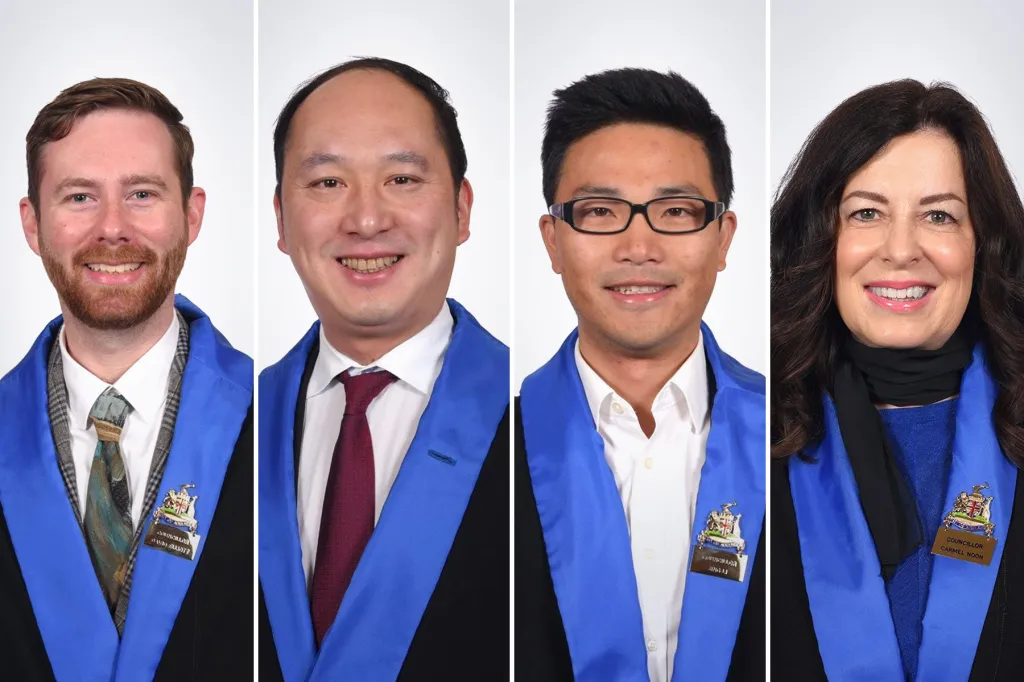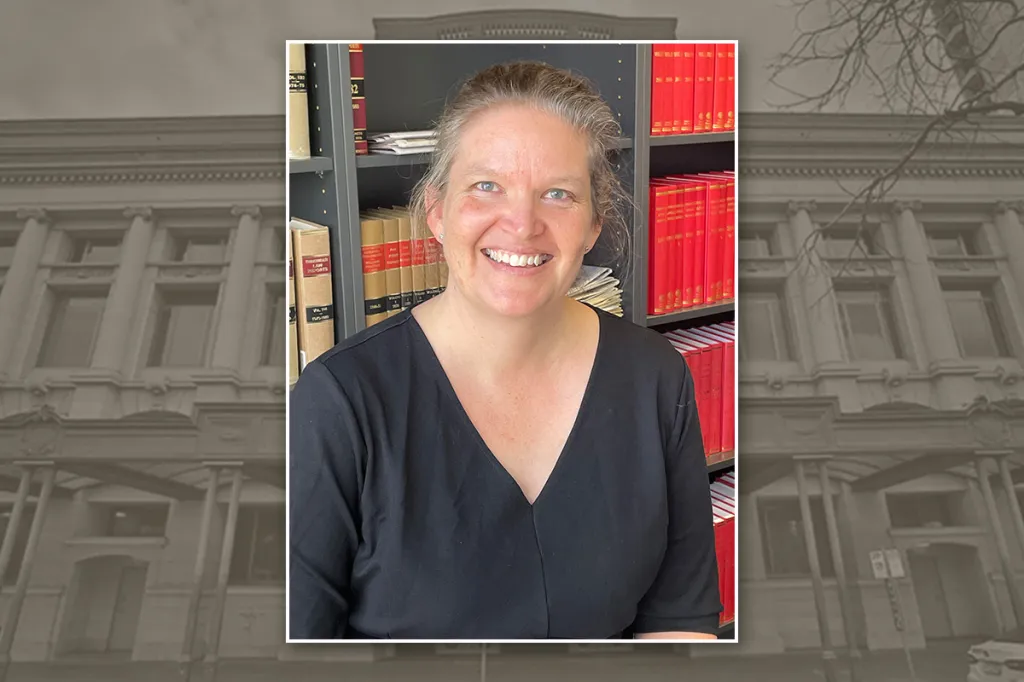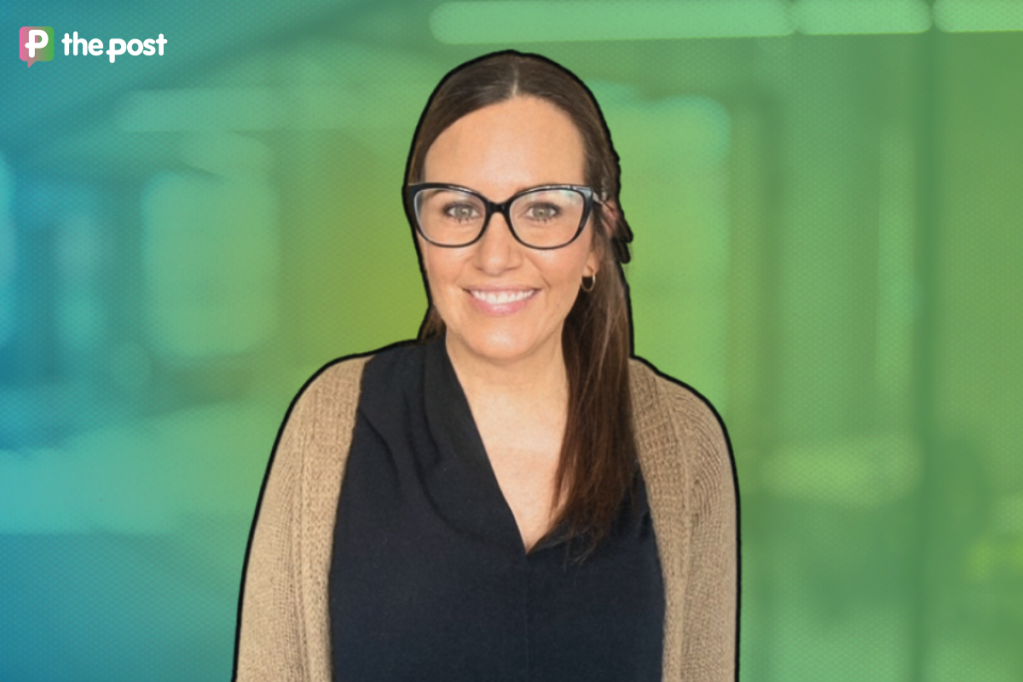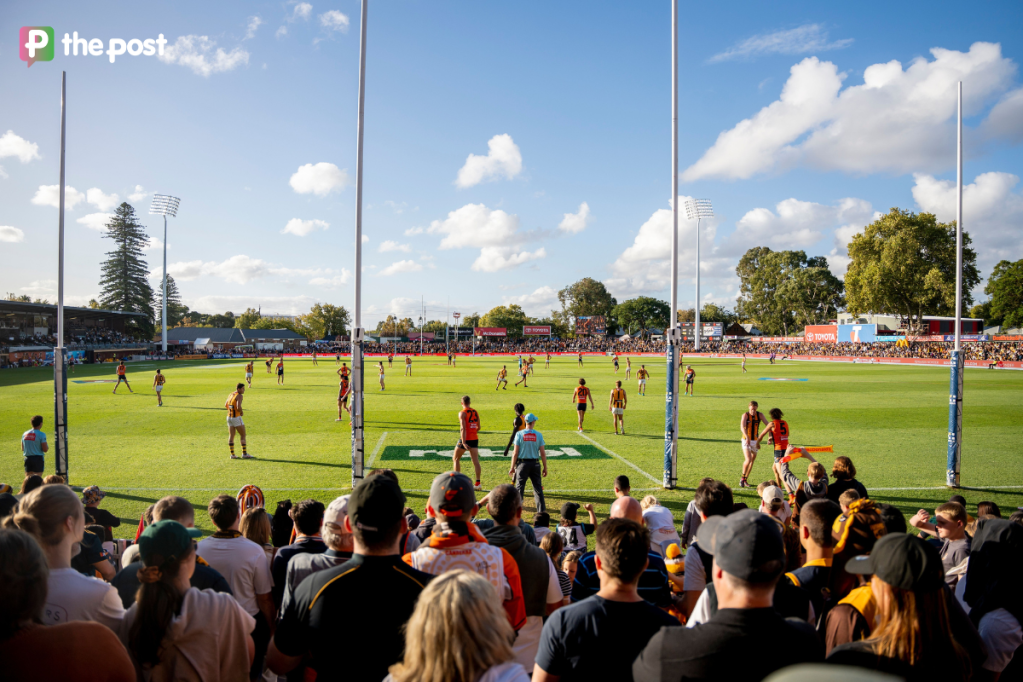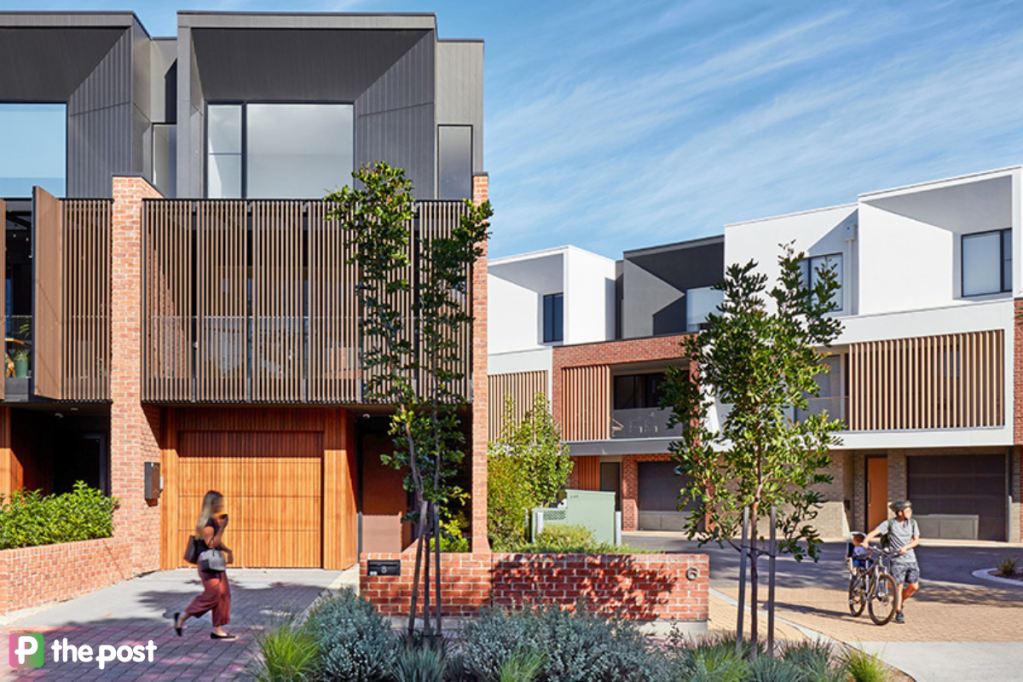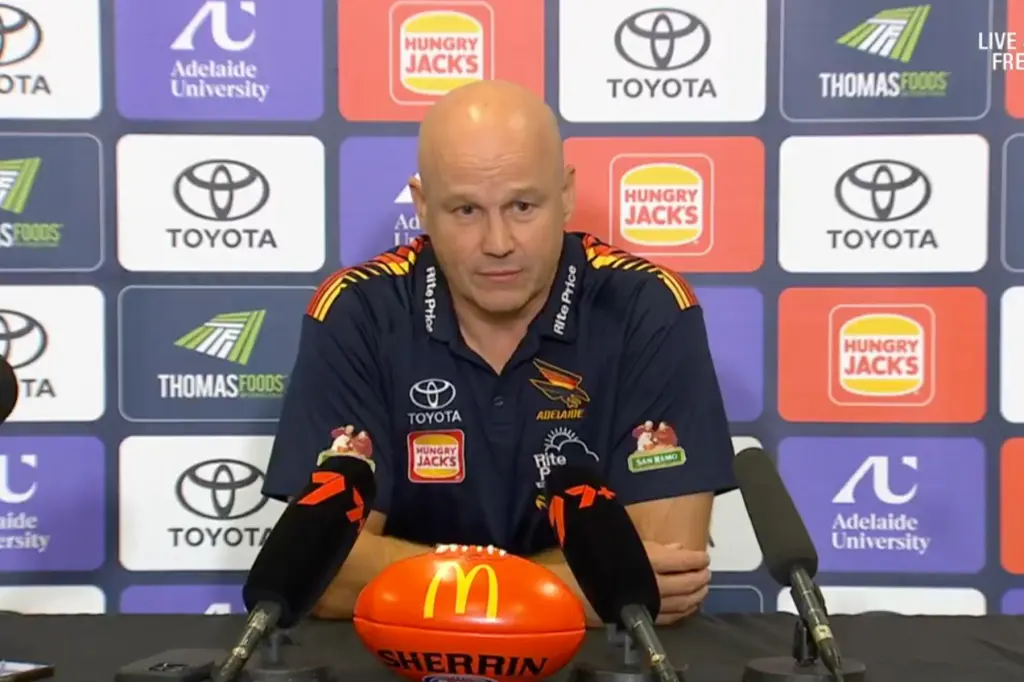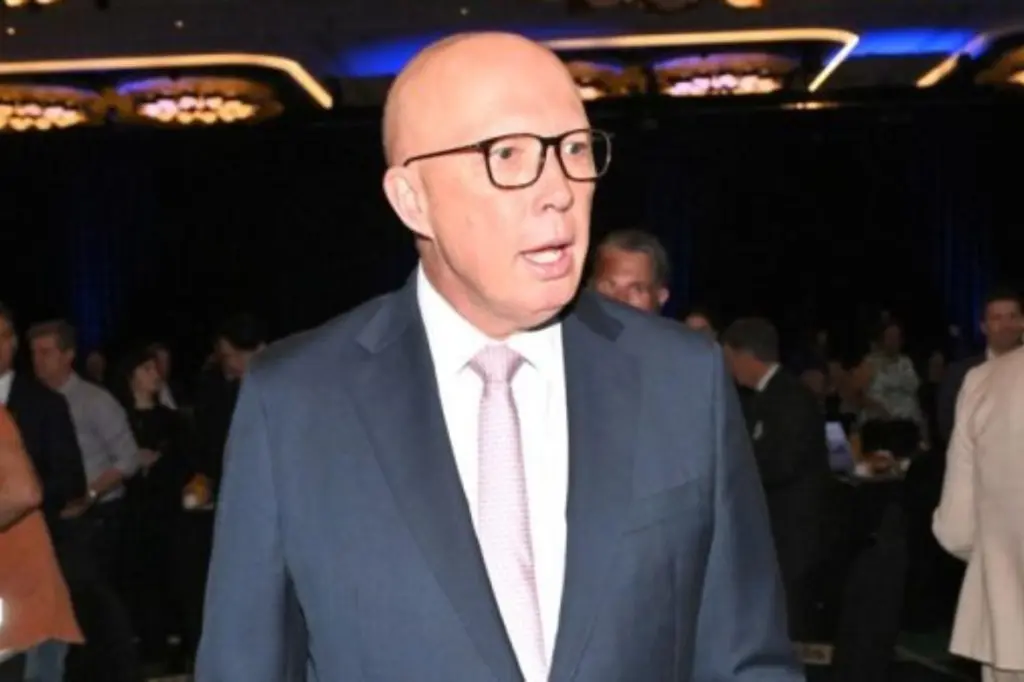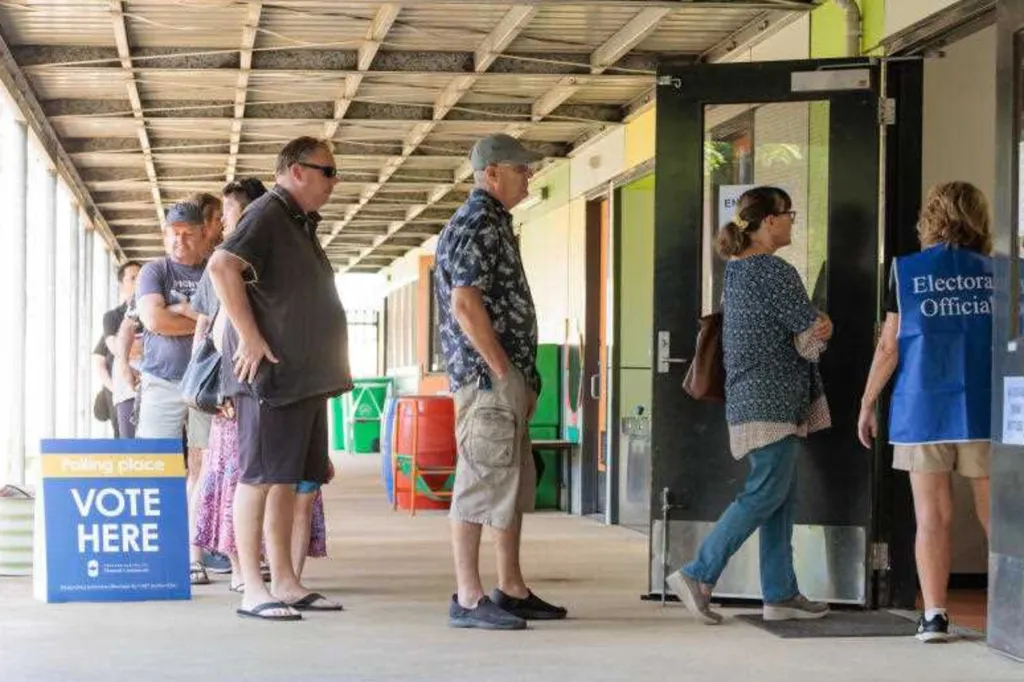Parliament returns as election countdown begins
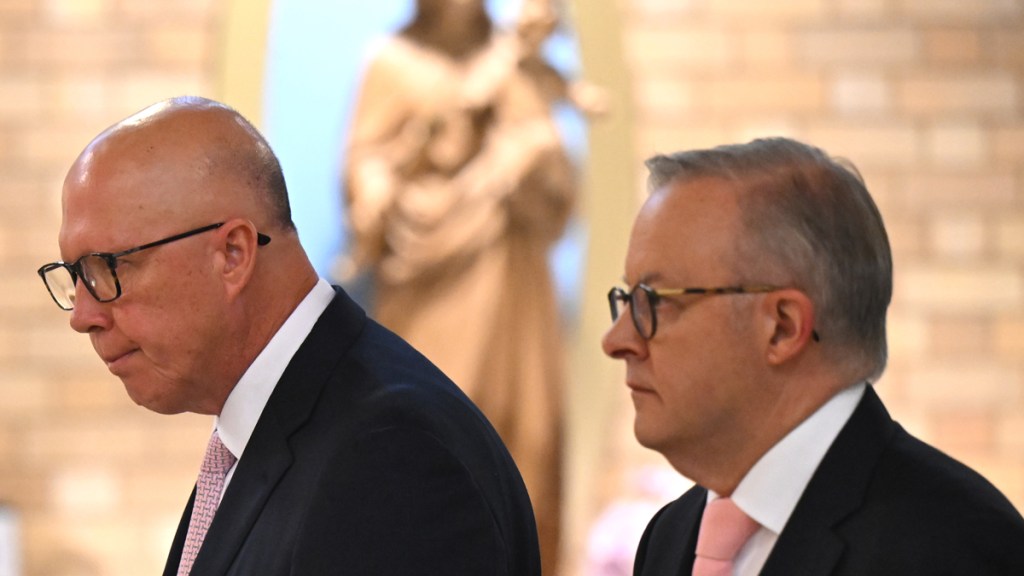
Parliament is back for a fortnight in what could be the final sitting before the federal election is called.
Prime Minister Anthony Albanese and Opposition Leader Peter Dutton will be in Canberra for the next two weeks after sharpening their election pitches, both travelling across the country last month in an unofficial start to campaigning.
Politicians marked Tuesday’s reopening of parliament with a service at St Christopher’s Cathedral in Canberra.
An election must be held by May 17, although April 12 is another possible date.
Recent opinion polls put the Coalition and Labor neck and neck.
You might like
The most recent Newspoll had the Coalition ahead 51-49 per cent on a two-party preferred basis but the newest Roy Morgan poll shows a slight shift in two-party preferred results.
In recent weeks, Roy Morgan and others have had the Coalition slightly ahead of Labor.
Monday’s results found they are 50:50, likely driven by inflation figures and the prospects of a rate cut.
It means the election could result in a hung parliament, with both major parties requiring the support of minor parties and independents to form a minority government
Stay informed, daily
To govern in majority, the Coalition would need to win an extra 21 seats.
Albanese, meanwhile, is focused on sandbagging seats as polling also shows his popularity continues to slide.
With the cost of living set to be the defining issue, Albanese told a Labor caucus meeting on Monday that the government knew people were under financial pressure and “we know the job is not done”.
Parliament will debate stronger hate crime protections on Tuesday as the government responds to escalating antisemitic attacks.
There has been a spate of hateful incidents across Australia since December, including the firebombing of a Melbourne synagogue, and the discovery of a caravan filled with explosives in Sydney containing a note with the addresses of Jewish institutions.
This week the government is also expected to introduce legislation to guarantee access to the childcare subsidy three days a week, fast-tracking its signature policy.
Contingent on Labor being re-elected, the changes will replace the current activity test model for early childhood education support.
This would mean more than 100,000 families would have access to subsidised care.
